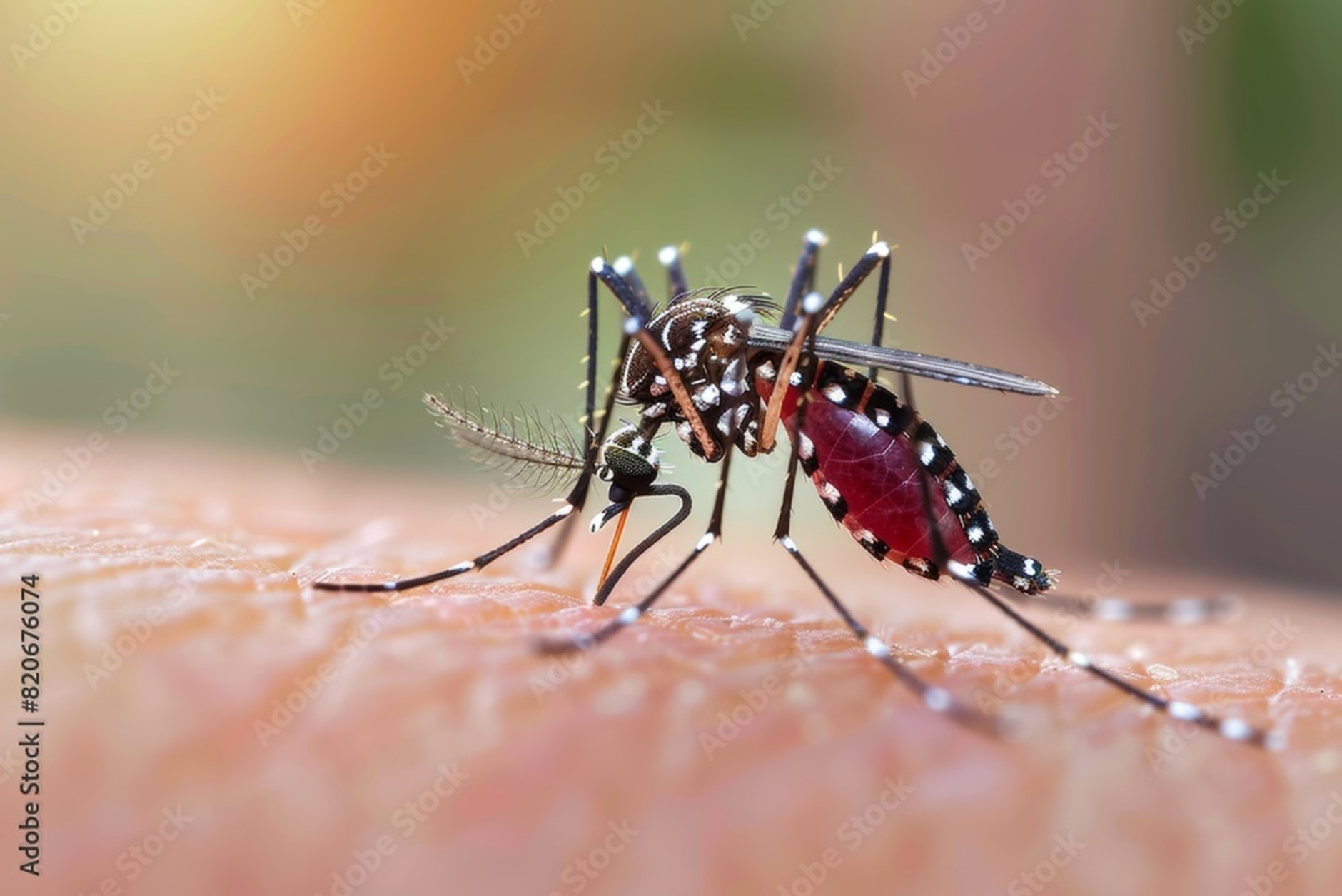What is Dengue Fever?
A mosquito-borne viral infection with potentially life-threatening complications if left untreated.
The infection manifests in a spectrum from mild flu-like symptoms to severe dengue, which can be fatal.
Symptoms typically develop 4 to 10 days after being bitten by an infected mosquito.
Who is at Risk for Dengue?
Individuals living in or traveling to endemic areas are at risk.
This affects a substantial part of the global population residing in tropical and subtropical areas.
Children and older people are particularly susceptible to severe outcomes.
Once infected, a person gains immunity to that specific virus strain but remains susceptible to the other three strains.
How Does Dengue Spread?
Dengue is not transmitted directly from person to person. Instead, it spreads through the bite of an infected Aedes mosquito.
A mosquito becomes infected after biting a person with a dengue virus in their blood.
This infected mosquito can then transmit the virus to other individuals it bites.
Transmission can also occur from a pregnant person to their child during pregnancy or childbirth, but this is less common.
What are the Symptoms of Dengue?
Symptoms of dengue typically include
- Sudden high fever
- Severe headaches
- Pain behind the eyes
- Muscle or joint pain
- Skin rash
- Fatigue
- Mild bleeding (nose or gums)
- Decreased appetite
In severe cases, symptoms escalate to
- Severe abdominal pain
- Rapid breathing
- Restlessness
- Blood in vomit or stools
These symptoms usually appear after the initial fever has subsided and indicate the progression to severe dengue, which requires immediate medical attention.
How is Dengue Diagnosed and Treated?
Dengue is identified using specialized blood tests that detect either the virus or the antibodies generated in response to it.
There are no targeted treatments for dengue; medical care primarily aims to alleviate symptoms through supportive measures.
Patients are advised to
- Stay hydrated
- Rest
- Medications for pain and fever
Aspirin or non-steroidal anti-inflammatory drugs should be avoided due to the risk of bleeding.
In severe cases, hospitalization is necessary to manage potentially life-threatening complications such as dehydration and bleeding.
Prevention and Vaccine Information
The most effective preventive measure is to avoid mosquito bites.
This can be achieved by using
- Mosquito repellent containing DEET
- Covering exposed skin
- Mosquito nets
- Eliminating standing water where mosquitoes breed.
The dengue vaccine, Dengvaxia, is approved for individuals 9-45 years old who have had a previous infection and live in endemic areas.
The Vaccine is not recommended for those who have never been infected, as it may increase the risk of severe dengue upon subsequent infections.
Vaccination strategies depend on individual exposure risk and local health guidelines.
What to Do if You Suspect Dengue?
Individuals residing in or visiting areas at risk for dengue should consult a doctor if they exhibit symptoms associated with the disease. Prompt identification of severe dengue’s early warning signs is crucial for effective medical intervention, which can be lifesaving. It’s vital to continuously monitor for symptoms such as dehydration and bleeding to effectively manage the condition.
If you suspect you have dengue, don’t hesitate to seek medical attention immediately.



